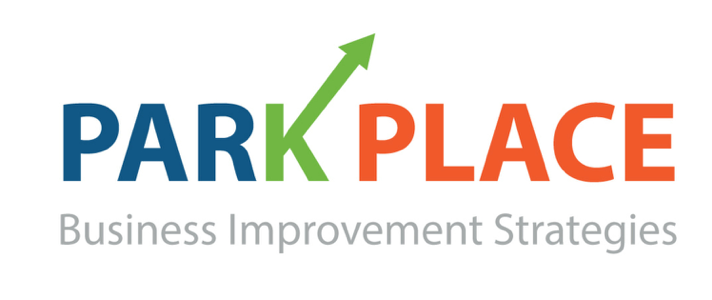Managing Cash Flow Step 5: Collect on Invoices
WELCOME TO STEP 5 OF OUR CASH FLOW SERIES…
6 STEPS TO MANAGING CASH FLOW PROBLEMS
1. IDENTIFY THE REAL PROBLEM
2. ASK FOR PAYMENT SOONER RATHER THAN LATER
3. INVOICE MORE ACCURATELY, EARLIER AND/OR MORE OFTEN
4. MAKE IT FAST AND EASY FOR YOUR CLIENT TO PAY
5. COLLECT ON YOUR INVOICES
6. STAGGER YOUR MAJOR EXPENSES
5. COLLECT ON YOUR INVOICES
Questions to ask:
Do you have a method for monitoring and reporting on your receivables?
Are you acting quickly when someone hasn’t paid?
Do you have a simple set of collection letters (emails) in place?
After 180 days, are you prepared to use a collection service?
This also seems like a no-brainer, but it has been shocking to me how many invoices are never actually collected. YIKES! You have performed the work or provided the product, so you deserve to be paid. If you haven’t received payment within 15-30 days, you must have pre-programmed next steps in place.
Act quickly when someone hasn’t paid. The sooner you reach out with a reminder, the more likely you are to collect easily. Make this easier on yourself and your staff by having a simple set of collection letters (preferably emails) in place. You should have one for each of 30-60-90 days in arrears. At 6 months, or 180 days, consider using a collection service.
So what % of billed revenue are you actually collecting? When you pay attention to your accounts receivables on a regular basis, you will collect more money. Again, you just will.
Free Consultation
No matter what challenges your business is facing, or will face in the future, we are always here to help with a free 1-hour consultation on a business topic of your choice.
CASH FLOW BEST PRACTICES
Revisit pricing twice a year
Implement a strong marketing plan to bring in the right clients
Ask for & collect payment as close to the time the service is performed as possible
Secure a retainer when appropriate
Track your time hourly
Compile time weekly, include information about what is ready to be invoiced
Invoice once a week
Make it fast & easy for clients to pay by utilizing appropriate electronic tools
Manage A/R weekly with a simple collections plan
Create an expense payment plan that fits with the ebb and flow of your income

